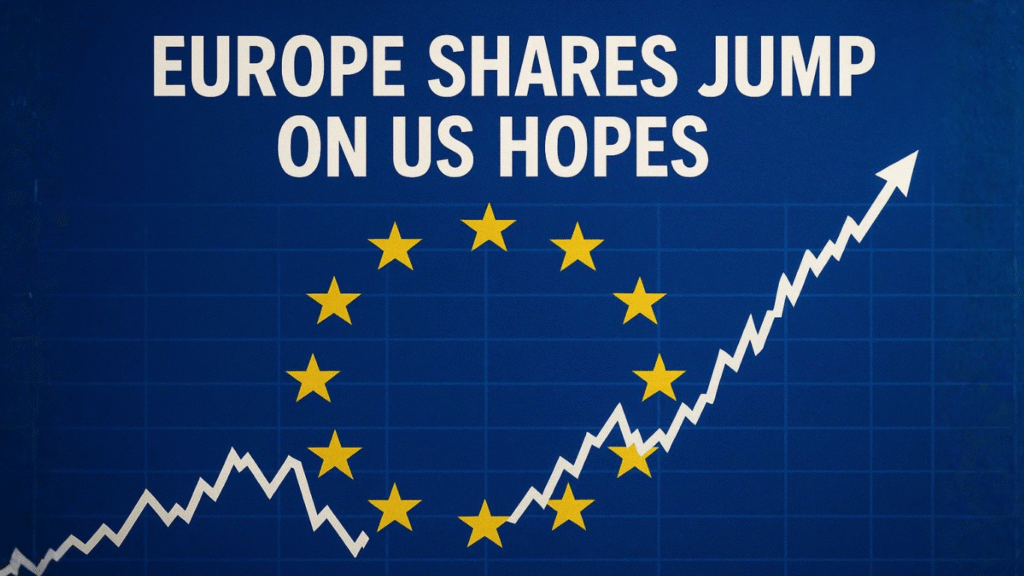European equities started the week strongly, lifted by optimism that the historic U.S. government shutdown could soon conclude. The STOXX 600 index rose 1.1% to 571.27, recovering from its lowest close in more than three weeks on Friday. Major bourses in Germany and France also gained over 1.1%, reflecting broad-based market relief.
Investor confidence had been shaken last week, as concerns over a potential tech bubble and the absence of key U.S. economic data during the 40-day federal shutdown kept markets on edge. Analysts now see early signs of stabilization after the U.S. Senate advanced a funding bill, which would reopen federal operations until the end of January. The measure still requires approval from the House of Representatives and the President.
Michael Brown, senior strategist at Pepperstone, noted that while some employment data may be released quickly, other economic indicators could remain delayed, leaving policymakers and investors “flying blind” in the near term.
Tech and Corporate Gains Lead Sectoral Rally
Technology stocks led sector gains on Monday, rebounding with a 2.1% increase, reflecting renewed appetite for growth assets.
Corporate developments also fueled market momentum:
- Diageo surged 6.6% after naming Dave Lewis, former Tesco CEO, to lead the spirits giant through a challenging period.
- Siemens Energy climbed 5% following a Jefferies upgrade to “buy” from “hold.”
- Salzgitter rose 6.8% after reporting nine-month results above expectations.
- Camurus jumped 12.3% on promising weight-loss drug trial results.
Other notable moves included Novo Nordisk, which gained 3% after ending its bidding war for U.S. company Metsera, and Northern Data, up 35% following a $767 million all-stock acquisition by Rumble, the AI cloud company behind Truth Social.
Focus Shifts to Eurozone Growth Data
Looking ahead, investors will monitor eurozone economic growth figures for Q3, as surveys indicate businesses expect trade tensions to weigh more heavily in 2026 than in 2025. Analysts caution that while market optimism has returned, lingering uncertainties from both U.S. political developments and global trade pressures may continue to influence European markets.
The rebound in European shares underscores a delicate balance between policy optimism and corporate earnings performance, as investors seek clarity in both macroeconomic indicators and company-level catalysts.


